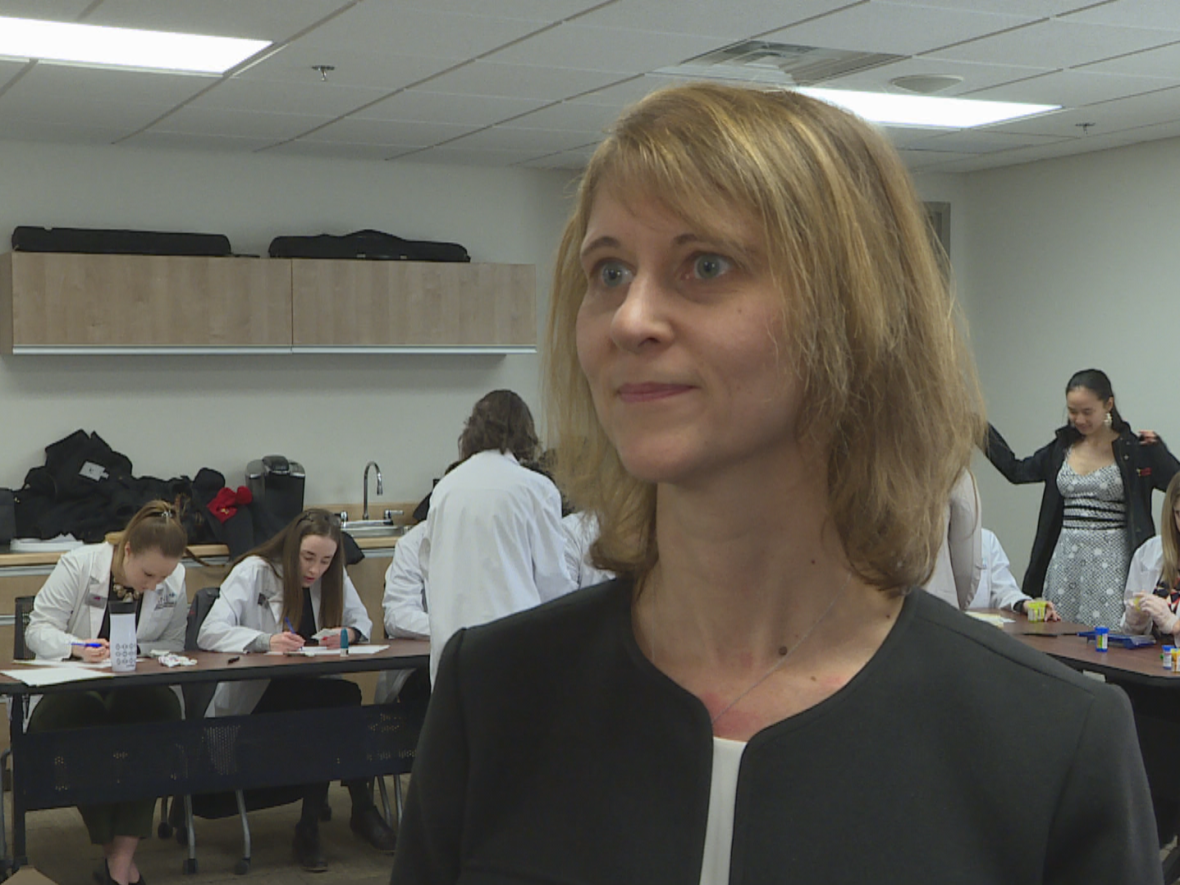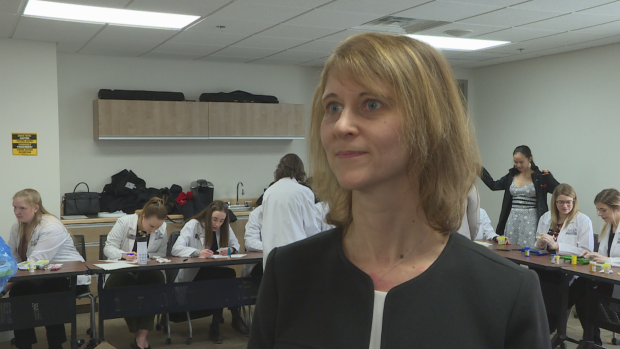New drug education program aims to highlight critical gaps in N.L. school curriculum


Memorial University's School of Pharmacy is working to launch a drug education program driven by youth, who say there is a critical gap in education for school-aged children in Newfoundland and Labrador.
The official launch of the Drug Education Centred on Youth Decision Empowerment strategy (DECYDE) is still a few months away, according to pharmacist and associate professor Lisa Bishop, but stems from three years of research evaluating the legalization of cannabis and its impact on the population with a specific focus on youth and young adults.
"One thing that we discovered was that there's a lack of education for youth in particular around cannabis," Bishop told CBC Radio Thursday. "And we really need to educate them to make those informed and safe choices throughout their youth and as they grow into adults."
The DECYDE strategy expands beyond cannabis to cover other drugs, alcohol and tobacco, Bishop said, and offers interactive learning resources aimed at students in Grades 4 to 12.
Much of the content is youth-driven, she added, created with engagement from over 90 young people across Newfoundland and Labrador.
"If we're developing something for youth, we want something that youth connect with. So we can't just develop materials and expect youth to be receptive and want to listen it," Bishop said.

"They told us that they want things, like, being non-judgemental and interactive and have content that's relatable to them. Hearing from people with lived and learned experience is important…. They want to start young, start to learn about it, but have it repeated and built on throughout the years. Not just have a one-time session about it."
Parts of the program were also overseen by a youth advisory council, who co-created some of the content used in the strategy.
Bishop says that was a valuable resource, and shows that young people are actively seeking out credible information outside of talks with their friends or on social media.
"Providing them the information that they are able to take and able to use, that's correct and evidence-informed, that will really make a difference in their lives and their decision making," she said.


